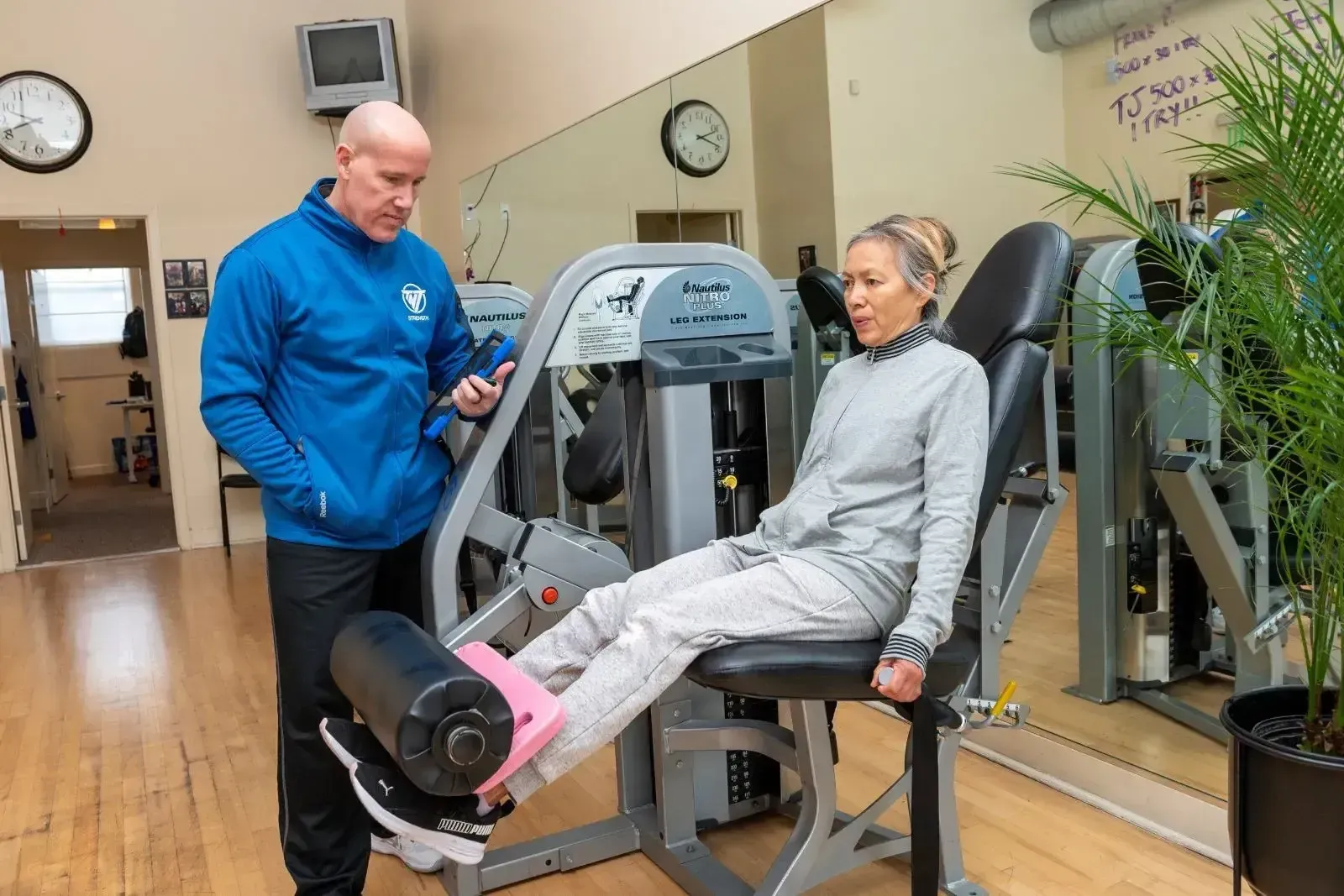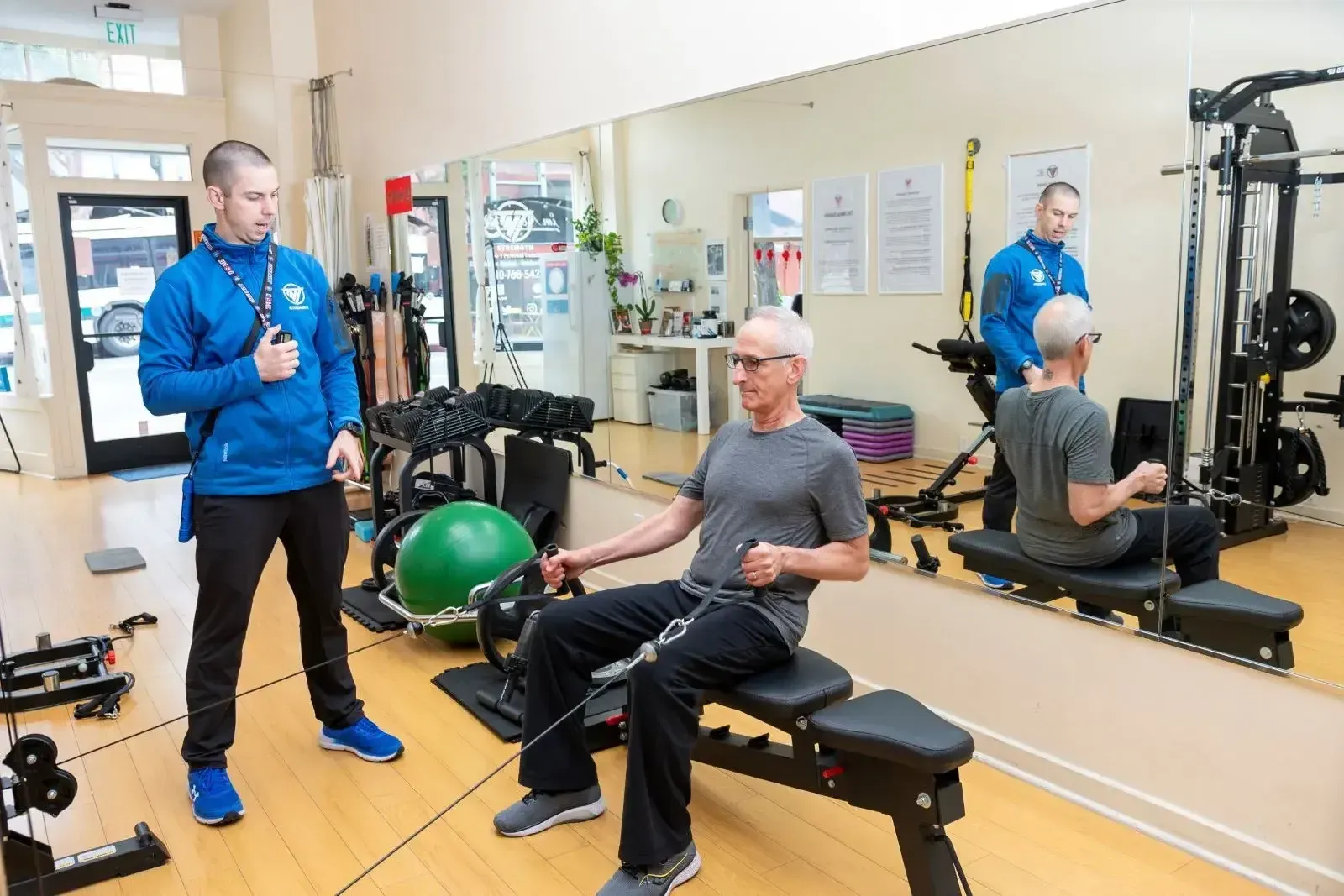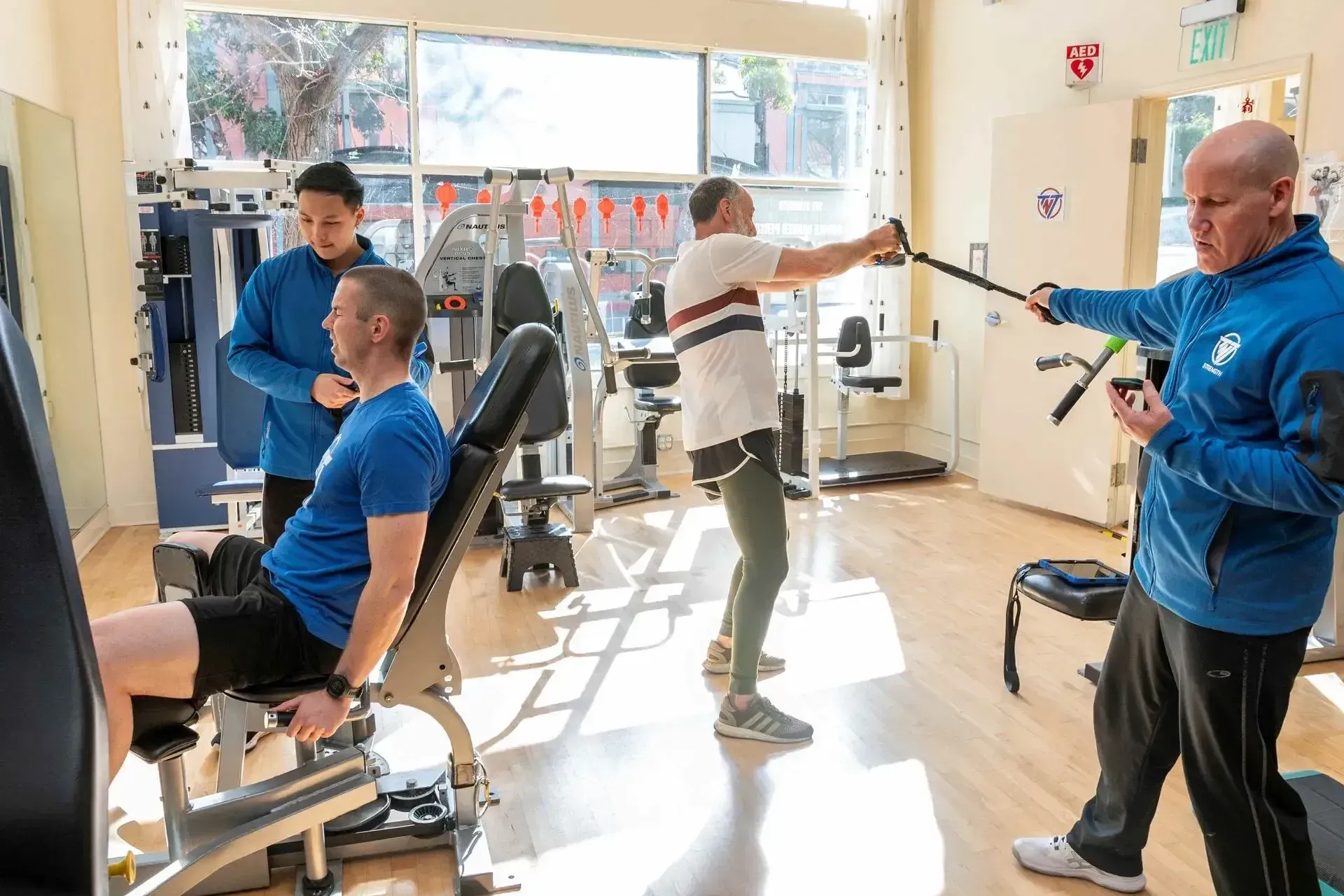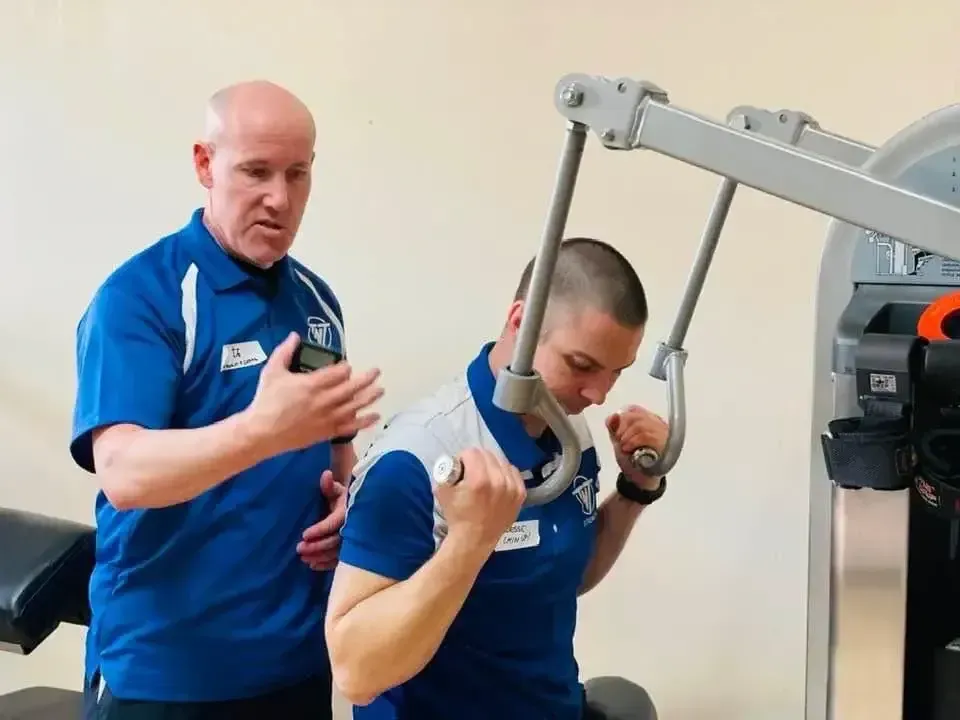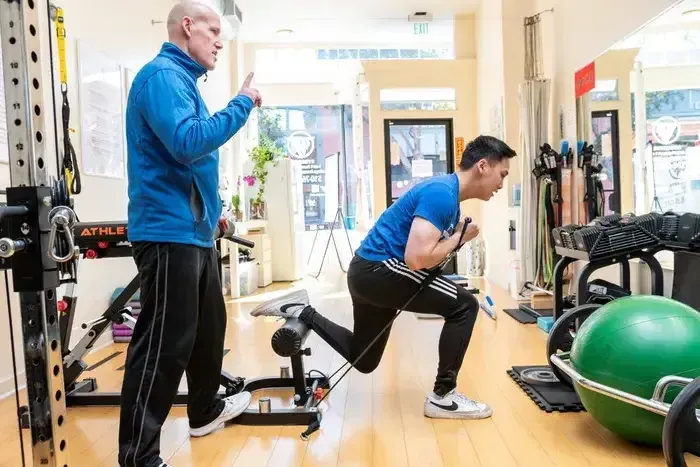Balance Isn’t About Age—It’s About Strength
Let’s set the record straight: losing your balance as you age is not inevitable. Despite what many believe, balance isn’t something you just “lose” over time like your hairline or your car keys. The truth is, most balance issues that show up later in life stem from something far more preventable—loss of strength and muscle mass.
At TNT Strength, we don’t buy into myths. We look at the data, the biomechanics, and the cold, hard truth of how the body works. So, if you’ve been told that getting older means you’re destined to shuffle your feet and reach for handrails, read on—because the science says otherwise.
Balance Is a Strength Problem in Disguise
Your body relies on a finely tuned system of sensors and responses to keep you upright. This system is called proprioception—your body’s sense of its own position in space. It’s what allows you to stand on one leg, walk on uneven ground, or react when you slip on a wet floor.
But here’s the catch: proprioception doesn’t operate in isolation. It’s deeply connected to muscular strength. In fact, a 2008 study by Butler, Lord, Rogers, and Fitzpatrick (1.) found that muscle weakness significantly impairs proprioceptive control of standing. In other words, the weaker your muscles, the harder it is for your body to detect and correct changes in posture or balance.
That means every time you lose a bit of muscle—from skipping workouts, sitting too much, or simply aging without strength training—you’re chipping away at your balance too.
Functional Strength Is the Foundation
Functional strength isn’t just a buzzword—it’s the real-world ability to perform daily activities safely and efficiently. According to the American Council on Exercise (Bryant, 2008), functional strength training enhances neuromuscular control (2.), coordination, and joint stability—all of which are crucial for balance.
What’s more, functional doesn’t mean standing on a wobble board doing circus tricks. As Greenfield (2005) puts it, functional exercise “makes sense” when it mimics the demands of life. That’s where High Intensity Strength Training (H.I.T.) (3.) shines. Controlled, progressive resistance builds the kind of strength that supports everything from getting up off the floor to catching yourself when you trip.
Strength Training: The Ultimate Fall Prevention Plan
Loss of balance isn’t just about avoiding embarrassment—it’s a life-and-death issue. Falls are a leading cause of injury in older adults, and many of those falls can be traced back to muscular weakness.
In a study by Hamilton, Shultz, and Schmitz, the researchers showed that targeted strengthening interventions can significantly improve neuromuscular function, reducing the risk of balance-related injuries.
So, if you’re serious about aging well, forget the balance boards and Tai Chi DVDs (though those have their place). Your first line of defense is a consistent, intelligently designed strength training program.
TAKU's NOTE:
At TNT Strength, we don’t train people for aesthetics—we train them for life. Whether you're 25 or 75, you need muscle to move, to react, and to remain independent. Balance isn’t some mystical skill you lose with age—it’s the byproduct of losing strength. And the good news? You can get it back.
If you want to feel stable, confident, and powerful in your own body, the answer isn’t more age—it’s more muscle.
Stay strong,
Liam “TAKU” Bauer
TNT Strength | Truth Not Trends
References
1. Muscle weakness impairs the proprioceptive control of human standing
Authors: Butler AA, Lord SR, Rogers MW, Fitzpatrick RC (2008)
- Publication: Brain Research, Vol. 1242, pp. 244–251, April 16, 2008
- URL: https://www.sciencedirect.com/science/article/pii/S0006899308008305
2. ACE Advocates Functional Strength Training to Enhance Workouts
Organization: American Council on Exercise (led by Dr. Cedric Bryant), 2003–2004 (“Bryant, 2008” likely referencing ACE materials)
3. Functional exercise “makes sense” when it mimics the demands of life
Attributed to: Greenfield (2005); A general overview capturing intent on “Functional training”:
Experience the TNT Strength difference with a free workout.
START YOUR FITNESS TRANSFORMATION WITH A
FREE WORKOUT
Complete the form and we'll set up an appointment for you.




